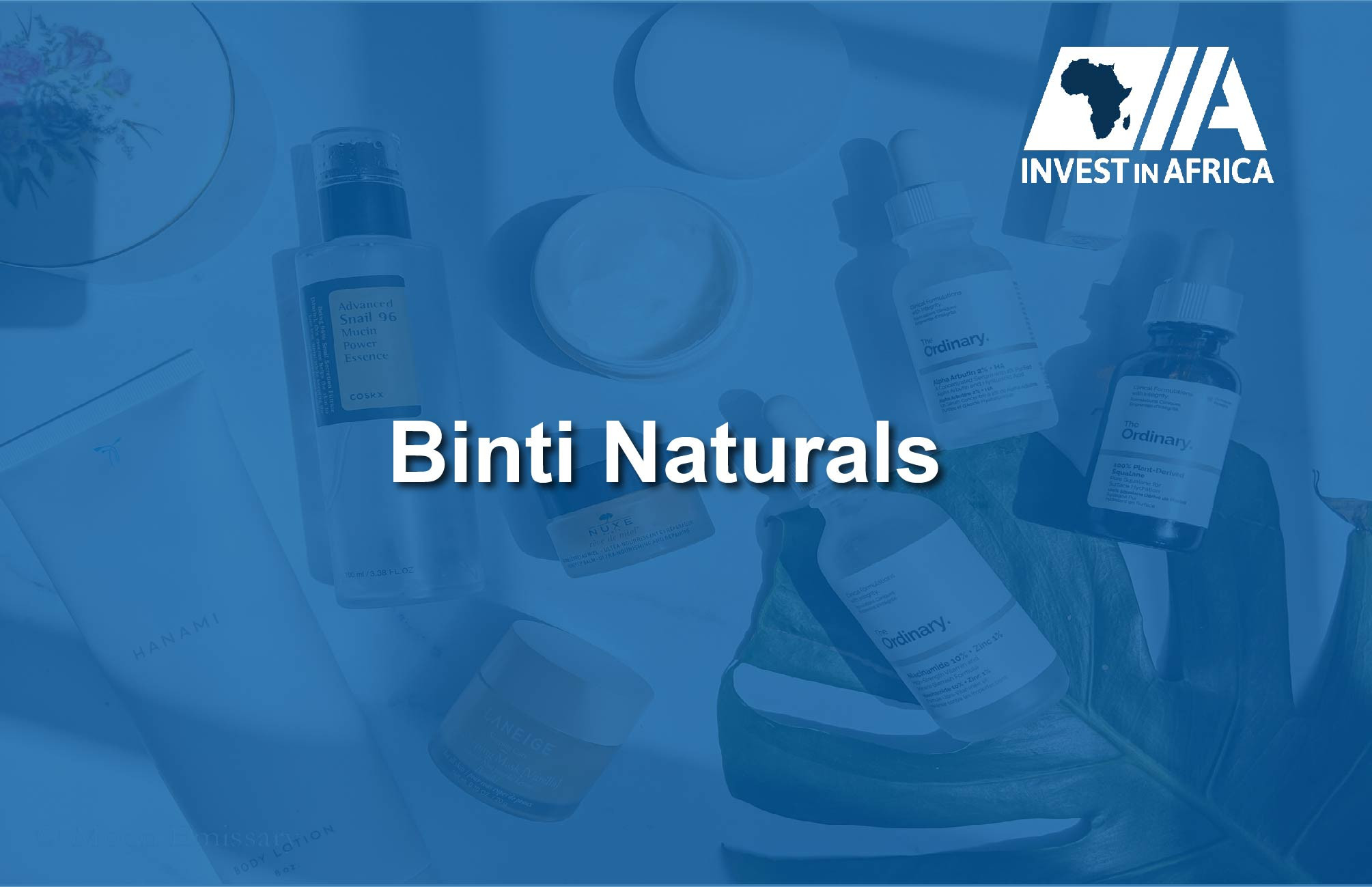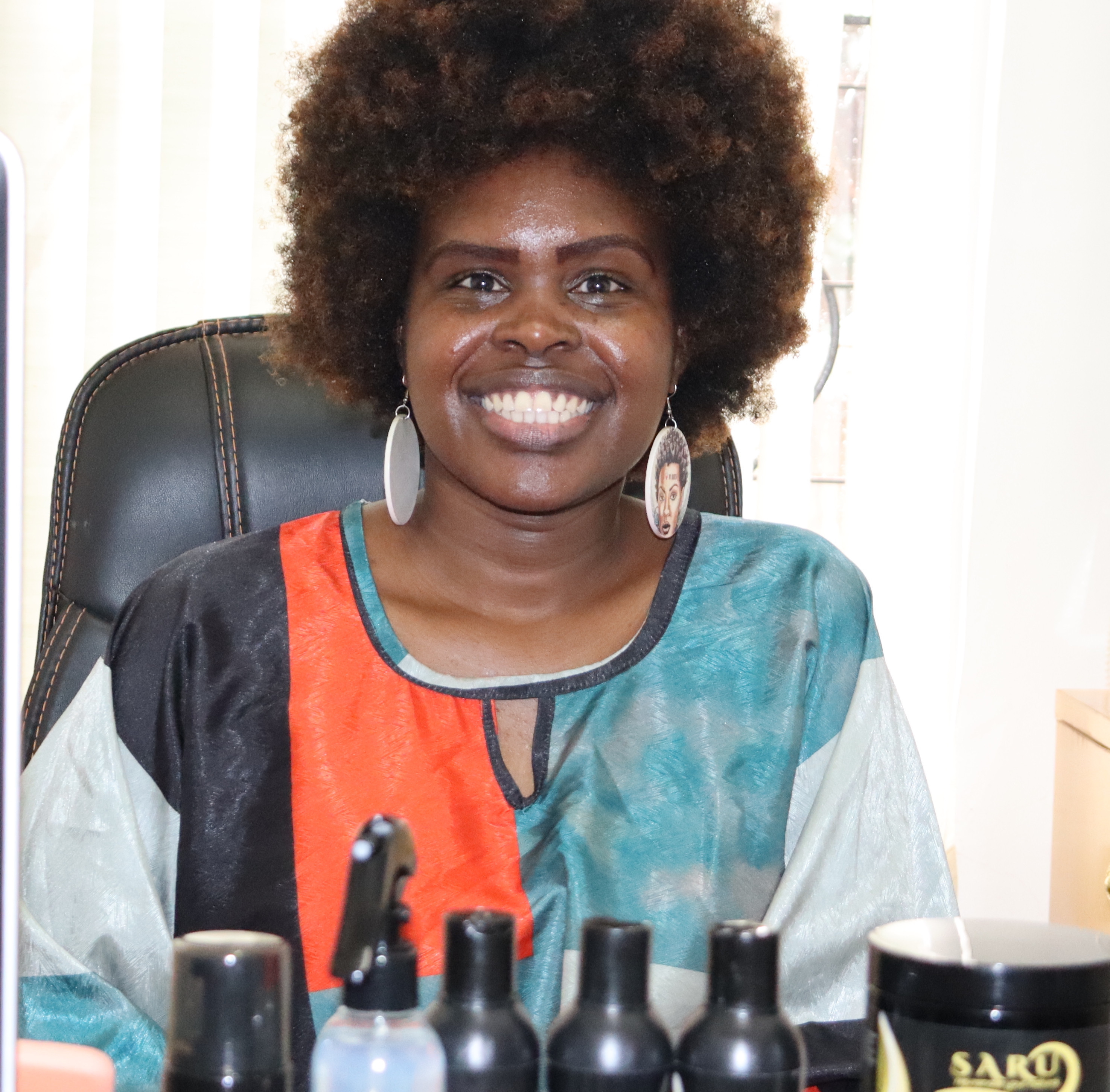Skin care SME leverages upscaling program to overcome raw material shortage.

Binti Naturals is a Kenya-based start-up focused on shea farming and processing of organic skin care products. “We aim to intensify our involvement in agricultural production to drive market expansion for Shea butter,” said Thiitu Karega, the founder of Binti Naturals.
Binti Naturals intended to establish Shea tree nurseries but experienced a supply shortage of quality seedlings. According to Thiitu, the company could not get reliable suppliers for the seedlings partly due to its minimal engagement with the shea value chain. “With the nurseries initiative facing a setback and the demand for our skincare products growing, the company suffered insufficient raw materials.
While speaking during a government visit to the Eldoret-based Rift Valley Textiles (Rivatex) in 2022, the former Kenyan Government spokesperson Cyrus Oguna said that the Covid-19 and the partial drought caused many Kenyan farmers to cut down operations, causing a shortage of raw materials for most manufacturing firms that directly depend on agricultural products. His statement emphasizes the challenge affecting small enterprises such as Binti Naturals, which had to seek ways of deepening its value chain engagement to meet its raw material needs.
“I joined the upscaling program by Invest in Africa (IIA) to understand the shea value and implement an effective value chain engagement strategy towards establishing reliable sources for quality raw materials,” Thiitu remarks.
The upscaling program targeted manufacturing small and medium enterprises (SMEs) in natural products clusters in Kenya and Uganda. It involved five modules: good manufacturing practices, transparency and traceability, new product development, market access, and access to finance.
Thiitu is one of the Kenya entrepreneurs who enrolled through the five modules, and according to her, the program was vital towards solving some of the common challenges SMEs face.
“By applying the principles of transparency and traceability, we were able to identify reliable farmers who produced the right quality and quantity of the seedlings we needed,” said Thiitu. She adds that one of the main lessons from the ‘good manufacturing practices' and ‘new product development modules was implementing standard operating procedures (SOPs), and her company began to leverage certificates of analysis to establish the quality of the supplied raw materials, including the seedlings for the nursery initiative.
“Right now, we are certain about the quality of our products because through our value chain engagement strategy, we are working closely with farmers who produce our raw materials, and we can measure the quality,” she comments.
Binti Naturals is one of the 40 enterprises from Kenya and Uganda that enrolled in the program for upscaling manufacturing SMEs in natural products. The program was implemented by Invest in Africa (IIA) in partnership with GIZ Business Scouts for Development.







